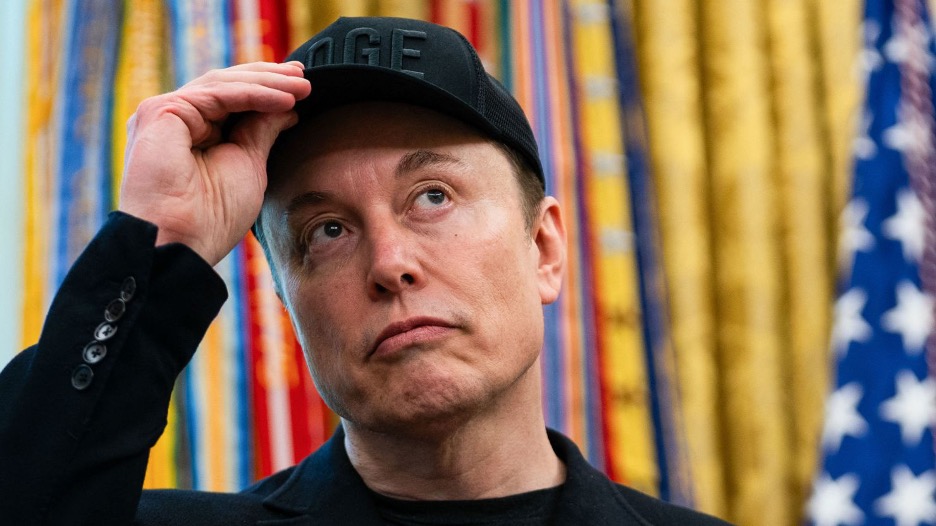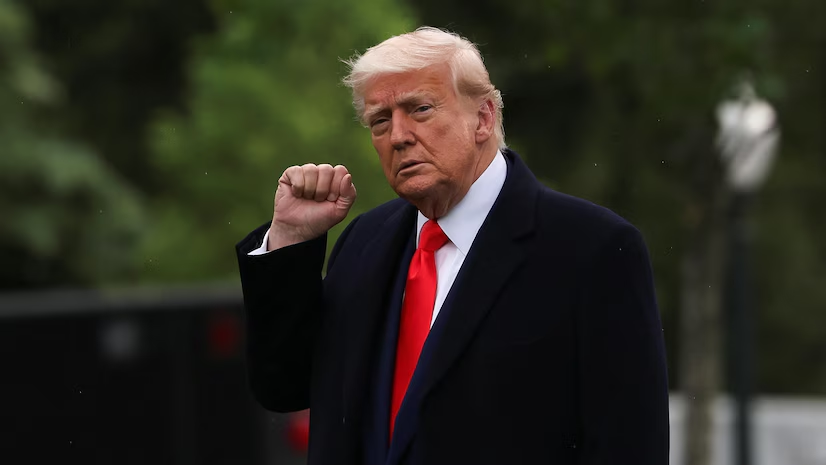Elon Musk, the billionaire entrepreneur behind Tesla and SpaceX, is no stranger to shaking up entrenched industries or political discourse. Known for his bold and often polarizing statements, Musk recently declared his intent to start a new political party in the United States. The idea, he suggests, is to challenge the “two-party monopoly” and provide an alternative voice for millions of Americans who feel politically homeless. While this vow has garnered attention and support from some, launching a viable third party in the U.S. is far more complicated than simply expressing dissatisfaction with Democrats and Republicans.
Starting a new political party in America involves navigating a complex maze of legal, logistical, and cultural hurdles. Unlike in parliamentary democracies where multiparty systems are the norm, the U.S. political system is deeply entrenched in a two-party structure, reinforced by history, institutional rules, and voter psychology.
Historical Inertia and Institutional Barriers
The United States has been dominated by the Democratic and Republican parties for more than 150 years. This duopoly has become institutionalized through a variety of mechanisms, including ballot access laws, campaign finance systems, and the way congressional districts are drawn. Any new party must confront this well-fortified political infrastructure.
One of the first major challenges is ballot access. Rules vary by state, but getting on the ballot typically requires collecting thousands — sometimes hundreds of thousands — of signatures. These signatures must be verified, a costly and time-consuming process. The two major parties are automatically placed on the ballot in most states, but new parties are forced to jump through hoops every election cycle.
In addition to ballot access, debate participation is tightly controlled. The Commission on Presidential Debates, which sets the rules for general election debates, requires a candidate to poll at 15% nationally to qualify. This threshold is nearly impossible for new or third-party candidates to reach without already having widespread name recognition and media coverage — creating a paradox that suppresses alternatives.
The Financial Cost
Musk is one of the richest men in the world, so money isn’t his main limitation. However, launching a national party requires more than just cash. It requires building a nationwide organization, recruiting candidates, staff, volunteers, and establishing local infrastructure in all 50 states. Fundraising, organizing events, voter outreach, and advertising all require significant resources. Even Ross Perot, who ran as an independent in 1992 and had considerable wealth, struggled to turn his movement into a lasting political force after the election.
Moreover, American campaign finance laws place caps on individual contributions to candidates and political parties. While Musk could theoretically pour millions into a super PAC, that funding can only go so far without the broad base of support required to make a party sustainable over time.
Voter Loyalty and Tribalism
Beyond the structural and financial issues lies a more profound challenge: voter behavior. Most American voters identify with one of the two major parties, even if they hold mixed views. This partisan identity is deeply ingrained, often passed down through family or reinforced by media echo chambers. The fear of “wasting” a vote on a third-party candidate discourages many voters from supporting alternatives, especially in tight races where the stakes are high.
Musk may attract disaffected voters from both the right and the left, but converting interest into votes is a much steeper hill to climb. People may agree with Musk’s critiques of the political system, yet still vote for the “lesser evil” among the major parties when it comes time to cast a ballot.
Internal Coherence and Message
Creating a political party is not just about opposing the status quo — it’s about offering a coherent, appealing alternative. This is another area where Musk’s new party would face difficulty. Thus far, he has offered broad critiques of government inefficiency, political polarization, and censorship, but he hasn’t laid out a consistent platform that addresses issues like healthcare, taxes, foreign policy, and climate change.
Without a clear and unified message, any new party risks becoming a coalition of contradictions. Successful political movements require a shared identity and set of values. If Musk’s party draws libertarians, disillusioned Democrats, and moderate Republicans alike, reconciling their divergent views into a single, actionable platform may be nearly impossible.
The Role of Personality
While Musk’s massive social media following gives him an initial platform to reach millions, a party built around a single personality faces risks of fragmentation and collapse if that figure loses influence. American politics has seen multiple efforts centered around charismatic figures — George Wallace in 1968, Ross Perot in 1992, Ralph Nader in 2000 — all of which fizzled once the individual stepped aside.
Musk’s celebrity status may give his party early momentum, but it’s unlikely to provide the durable foundation needed for long-term relevance unless it can evolve into something larger than himself.
The Path Forward?
None of this is to say that starting a new political party is impossible — just that it is incredibly difficult. If Musk is serious, he must do more than tweet about discontent. He’ll need to build coalitions, win local and state races, and attract candidates with policy expertise and public appeal.
There is a real appetite in America for alternatives to the two-party system, particularly among younger voters and independents. If Musk can harness that disillusionment and pair it with real organization and ideological clarity, he might start a movement that could influence the political landscape. But until that happens, his declaration remains more aspirational than transformative.
In short, breaking into the American political system is not just about having bold ideas or abundant wealth — it’s about persistence, strategy, and time. Even for someone like Elon Musk, the road to building a viable new political party is long, steep, and uncertain.



